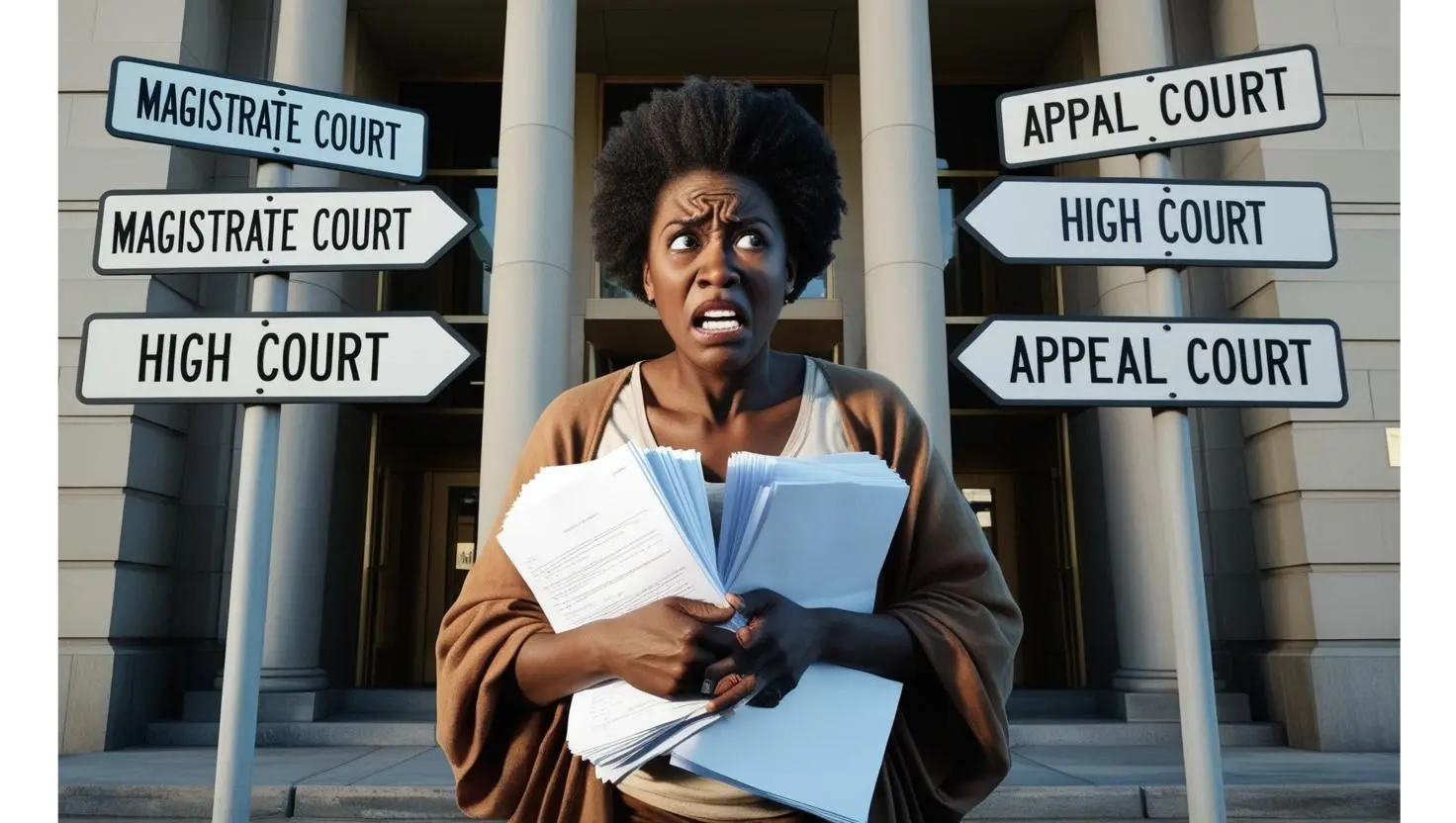The Arrival
She walked into my office with hesitation. Her eyes darted around the room as if searching for confirmation that she was in the right place.
“I need help,” she said. “I think I want a divorce.”
I asked her what had happened. She sighed, shifting uncomfortably in her chair.
“I don’t know where to start. I just know I can’t keep living like this,” she said. “But I don’t even know if divorce is the answer. And I don’t know where to go.”
She had tried asking around but got conflicting advice. Some said to go to the high court. Others told her she needed a lawyer first.
“Lawyers are too expensive,” she said. “I don’t have that kind of money. But someone told me I could come here to get help.”
I explained that the legal department wasn’t the place to file for divorce. She needed to go to the high court. Her face fell. She had already taken time off work to come here. Now, she had to start over.
Her confusion was common. Many people don’t know where to go or what to do when facing legal issues. The process is complicated, and without the right information, it feels impossible to navigate.
This raises an important question: Can technology bridge this gap?
The Role of Technology in Justice
Justice in Cameroon is often slow, expensive, and difficult to access. Court procedures are complex, and many people lack the legal literacy to navigate them. The cost of hiring a lawyer keeps justice out of reach for many. Technology has the potential to change this. Imagine a digital platform where people can:
Get step-by-step guidance on legal procedures
Find out exactly where to go and what documents to bring
Access affordable legal assistance through AI-powered tools
Track their cases online without making multiple trips to the courthouse
With legal tech, the woman who came to my office wouldn’t have wasted time and money going to the wrong place. She could have found the right court, learned about her options, and even connected with a pro bono lawyer—all from her phone.
Challenges in Implementing Legal Tech
While legal technology presents a solution, challenges remain:
- Digital Illiteracy: Many people, especially in rural areas, lack access to digital tools.
- Internet Accessibility: Stable internet is not guaranteed in many parts of Cameroon.
- Resistance to Change: Traditional legal institutions may be slow to adopt new technologies.
- Despite these barriers, the benefits outweigh the challenges. If implemented effectively, legal tech could revolutionize the justice system, making it faster, more transparent, and accessible to all.
Is Justice Ready for Technology?
The woman who walked into my office is just one example of the many Cameroonians struggling to access justice. Her experience highlights why legal technology is no longer a luxury—it’s a necessity. If technology can simplify the legal process, why aren’t we using it more? Would you trust a digital guide for legal matters, or does justice still belong solely in the hands of professionals?
Share your thoughts with our community and join the conversation!




